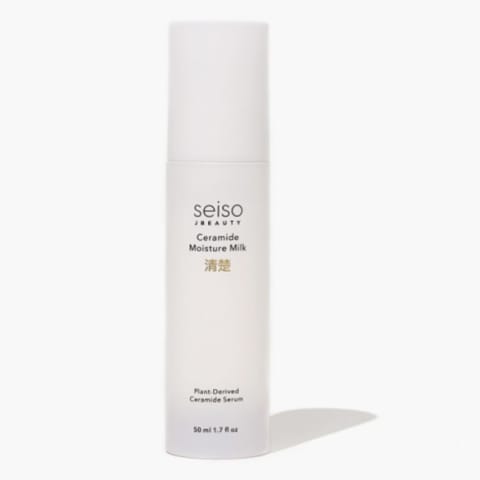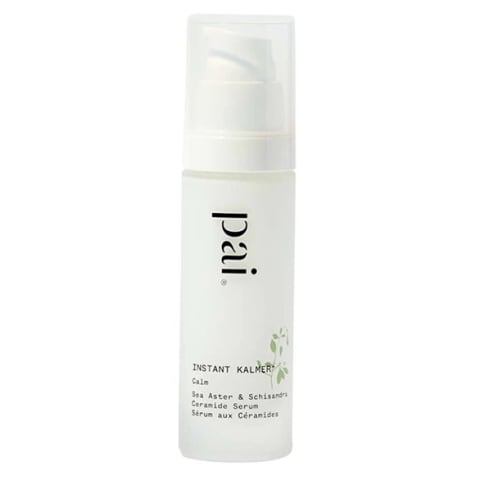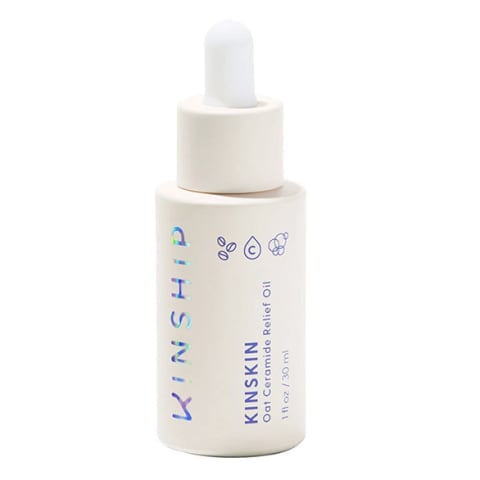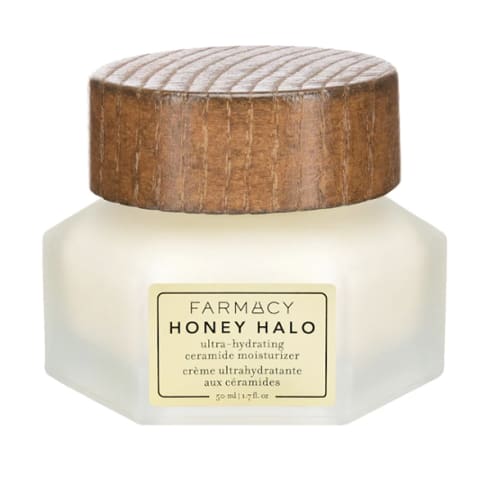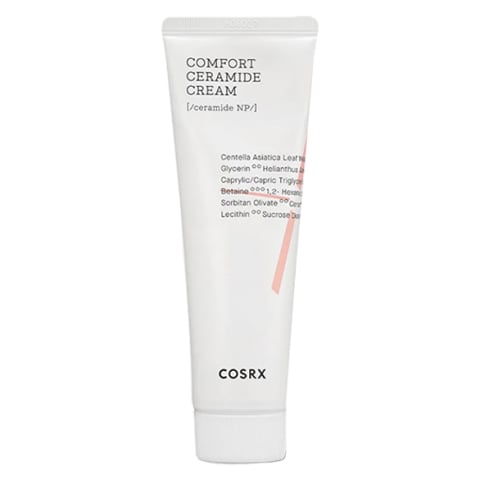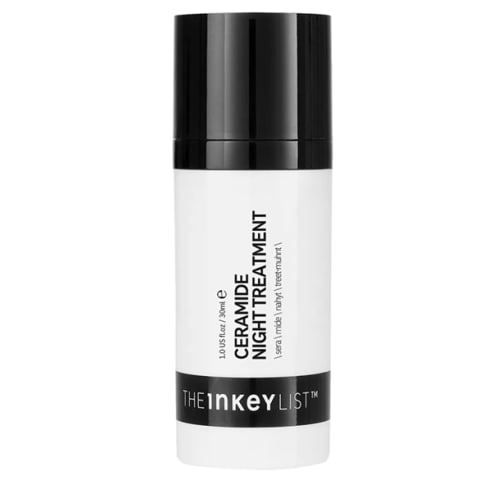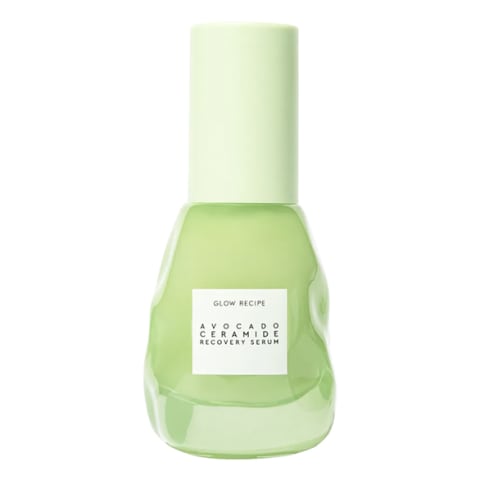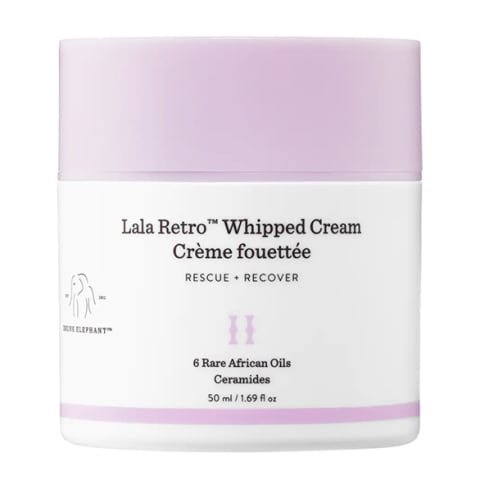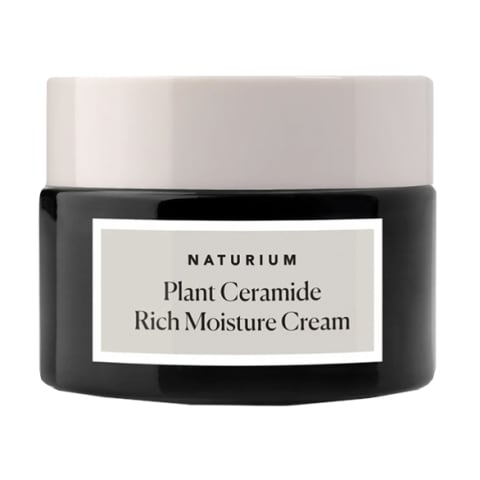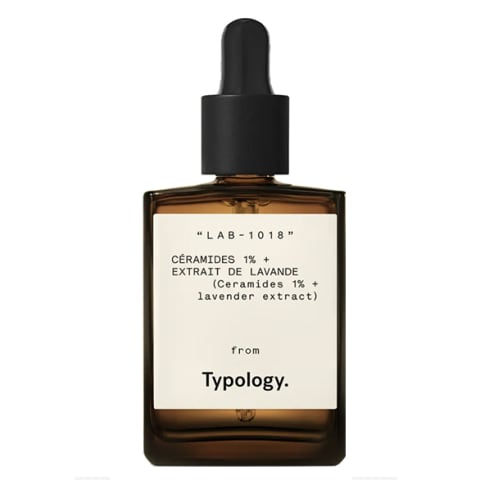What Are Ceramides In Skin Care? The 10 Best + Benefits

Ceramides, oh ceramides. How do I adequately wax poetic about ceramides? These naturally occurring skin-barrier ingredients are a vital part of your skin's function—and make for fabulous additions to topicals and supplements. (Read up on phytoceramides in supplements here should you want to learn more.)
This is why the ingredient consistently pops up on the ingredient list for some of our favorite skin care products, like the below.
What are ceramides in skin care?
Let's do a more thorough explainer before we get to the goods, though: Ceramides are fatty acids (lipids) that are naturally produced by the body in the epidermis to help hold skin cells, collagen, and other skin components together.
They maintain barrier function, help hold in moisture, and aid in keeping the bad stuff out.
In skin care, these ingredients are primarily derived synthetically or via plants (also called phytoceramides). And while it's vital to enhance your natural ceramide production if you want healthy skin, there is a huge benefit to applying it topically—as it can help your body in the short and long term.
In fact, a 2019 study found a link between skin dysfunction and various health conditions caused by chronic inflammation.
In the study, researchers connected the use of barrier repair moisturizers (that contained ceramides) with reduced pro-inflammatory cytokines in the blood, highlighting the importance of the skin's protective role in our overall health: Namely, that poor barrier function is linked to inflammation that can trigger internal health conditions.
Phytoceramides can be extracted from several types of botanicals including corn, oats, and wheat—but they can also be produced safely and synthetically. I
f you prefer natural origins only, just look for how the ceramides were sourced (usually they'll tell you if they come from natural origin). Otherwise, you can find safe, clean, modern, synthetic options too.
Have we convinced you? Of course, we have. Here, our favorite ceramide creams.
Seiso J Beauty Ceramide Moisture Milk
Since ceramides in skin care are all sourced and produced differently, they have slight nuances to their function and efficacy. And the ceramides that make this hydrator an absolute star? A proprietary complex called CeraKari-20. It contains 20-plus long-chain ceramides that are similar to the ceramides humans produce on their own, but these are sourced from Japanese Koji berries. A must-try.
Ceramide Moisture Milk, Seiso J Beauty ($95)
Pai Instant Kalmer Ceramide Serum
If you have hypersensitive skin, reach for this serum. The brand utilizes several botanical extracts to support your barrier—and then some. First up there's sea aster, an extract that is actually able to inhibit the release of cutaneous neuropeptides, the molecules can trigger skin flare-ups. The ceramides come from their wild oat extracts, which help soothe an irritated barrier. Additionally, it contains hyaluronic acid, glycerin, and citrus aurantium dulcis fruit water for hydration.
Instant Kalmer Ceramide Serum, Pai ($79)
Kinship Oat Ceramide Relief Oil
If you favor face oils, here's a lightweight and fast-absorbing option for you. The blend is made with an oat-based ceramide (for the record, ceramides from oat oil have been studied topically to great success: Participants saw significant improvement in skin barrier function.) The oil also contains an antioxidant and essential fatty-acid-rich complex to help protect your skin too.
Oat Ceramide Relief Oil, Kinship ($35)
Farmacy Honey Halo Ultra-Hydrating Ceramide Moisturizer
Along with the ceramide blend, this contains two hydration-enhancing ingredients sure to make your skin sing. To start there's the buckwheat honey with propolis and royal jelly blend (hence the honey name) that has both humectant and antioxidant properties. Additionally, it contains a fig fruit extract that helps hold in moisture for plump skin. Dry, dehydrated skin types, you've met your match.
Honey Halo Ultra-Hydrating Ceramide Moisturizer, Farmacy ($45)
COSRX Balancium Comfort Ceramide Cream
This cushiony face lotion contains three types of ceramides—FYI, your skin naturally has around six types of ceramides1—so it can better aid all parts of your epidermis. We also love it for the blend of centella Asiatica, an herb beloved in Eastern medicine for its ability to soothe skin and reduce redness. And when it dries down, you're left with a matte, silky finish. Gorgeous.
Balancium Comfort Ceramide Cream, COSRX ($26)
The INKEY List Ceramide Hydrating Night Treatment
Using a night mask or night cream is a great way to incorporate ceramides. Why? Well, first up: Your skin repairs itself at night, including tending to the barrier, meaning it's the prime time to supply your skin with the needed tools. The second is that your skin is more susceptible to transepidermal water loss at night, so it's more important to help seal in the moisture in the evening than at any other time of day.
Ceramide Hydrating Night Treatment, The INKEY List ($14.99)
Glow Recipe Avocado Ceramide Redness Relief Serum
Do you have irritation-prone skin? Is it constantly cycling through flare-ups and dry patches? Do you battle with uneven texture, redness, or tone concerns? Well, might we suggest a potent serum that tackles all these issues with ceramide, allantoin, and avocado complexes? Couldn't describe a more delicious blend.
Avocado Ceramide Redness Relief Serum, Glow Recipe ($42)
Drunk Elephant Lala Retro Whipped Moisturizer With Ceramides
Drunk Elephant certainly has formed a cult following devoted to their innovative formulas and playful textures. A personal favorite of this here beauty editor is their ceramide-dense face cream that—well, actually—feels anything but dense! The mousse-like texture melts into skin, and the ceramides AP, EOP, and NP are almost identical to the ones naturally produced by our skin.
Lala Retro Whipped Moisturizer With Ceramides, Drunk Elephant ($60)
Naturium Plant Ceramide Rich Moisture Cream
A simple, yet effective, face cream that wields ceramides to repair your lipid barrier. The butter-thick cream takes just a bit to go a long way in terms of hydration. Consider this a good starter cream for those with dry or sensitive skin. (The brand doesn't recommend it for those with acne-prone skin, however.)
Plant Ceramide Rich Moisture Cream, Naturium ($25)
Typology Ceramide Serum
A concentrated dose of 1% ceramides makes this serum fast-acting and effective. And while the overall formula is minimal, it does contain a few extra ingredients we love. Notably, there's lavender essential oil, which helps soothe skin and your senses, as well as olive-derived squalane, an oil that's also naturally present on the skin. Apply this on clean skin, top it off with your cream of choice, and be amazed at how hydrated you are.
Ceramide Serum, Typology ($19.40)
Benefits of ceramides:
We did an overview of why we love ceramides, and what they are up top, but we'd love to give you some more context on just what the research says—and why it makes them so valuable:
- Barrier repair. The most notable—and well-researched—benefit is barrier repair2. This goes back to your skin barrier structure in the first place, as we've noted that ceramides are a natural component of the epidermis.
- Hydration. As lipids, ceramides are naturally hydrating and conditioning to the skin. Plus, they help trap in and hold water—stopping transepidermal water loss. Additionally, most ceramide creams contain a host of other hydrating botanicals to enhance the moisturizing power. If you have dry skin, we can't recommend these enough.
- Wound healing. As a living organ, the skin has an impressive ability to heal itself. However, sometimes it needs support to do so, and do so quickly. Studies have shown that ceramides improve wound healing3.
- Helps soothe inflammatory skin conditions. If you go to a skin care expert about eczema or rosacea (or other inflammatory skin conditions), they'll often recommend ceramides. This is because the ingredient has been shown in many, many studies to alleviate the symptoms2 and decrease irritation4.
- Supports healthy aging. Thanks to all of the above, ceramides can help keep your skin looking supple and soft for years to come. Not to mention, your skin's natural levels start declining as you age, making it vital to use on mature skin.
The takeaway.
Ceramide creams are a staple in beauty for a reason: Your skin loves them. Ask any derm, esthetician, or holistic skin care expert, and they will go on about these trusty ingredients. If you don't know where to start, the above list will have plenty of options for your exact needs.

Alexandra Engler is the beauty director at mindbodygreen and host of the beauty podcast Clean Beauty School. Previously, she's held beauty roles at Harper's Bazaar, Marie Claire, SELF, and Cosmopolitan; her byline has appeared in Esquire, Sports Illustrated, and Allure.com. In her current role, she covers all the latest trends in the clean and natural beauty space, as well as lifestyle topics, such as travel. She received her journalism degree from Marquette University, graduating first in the department. She lives in Brooklyn, New York.
